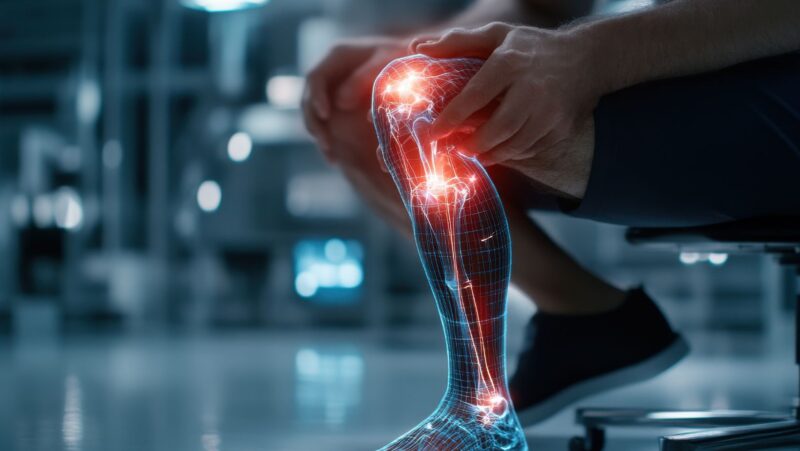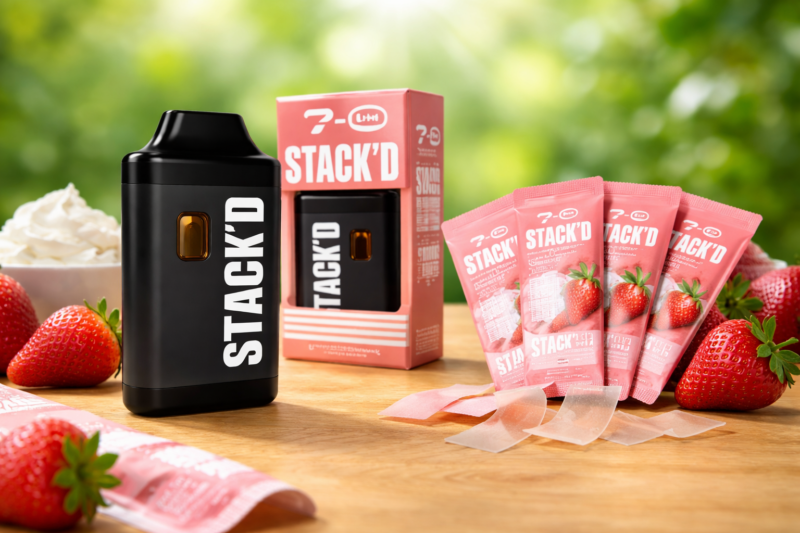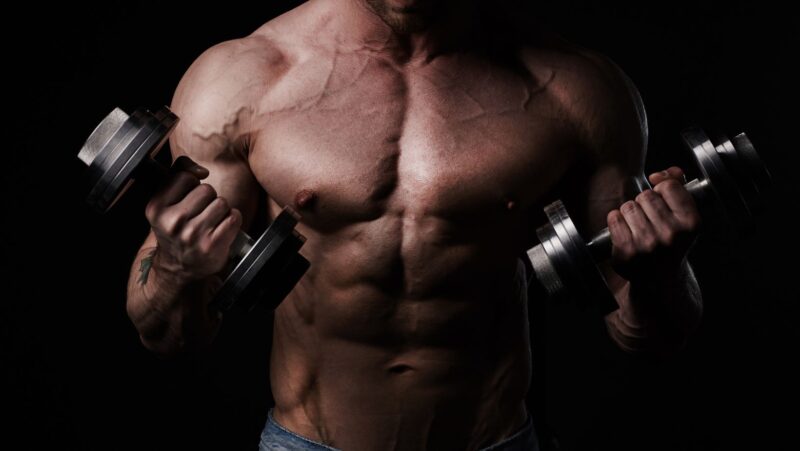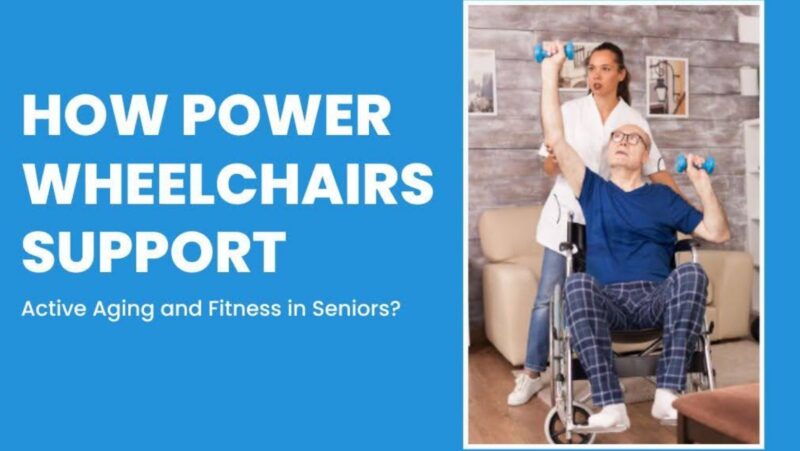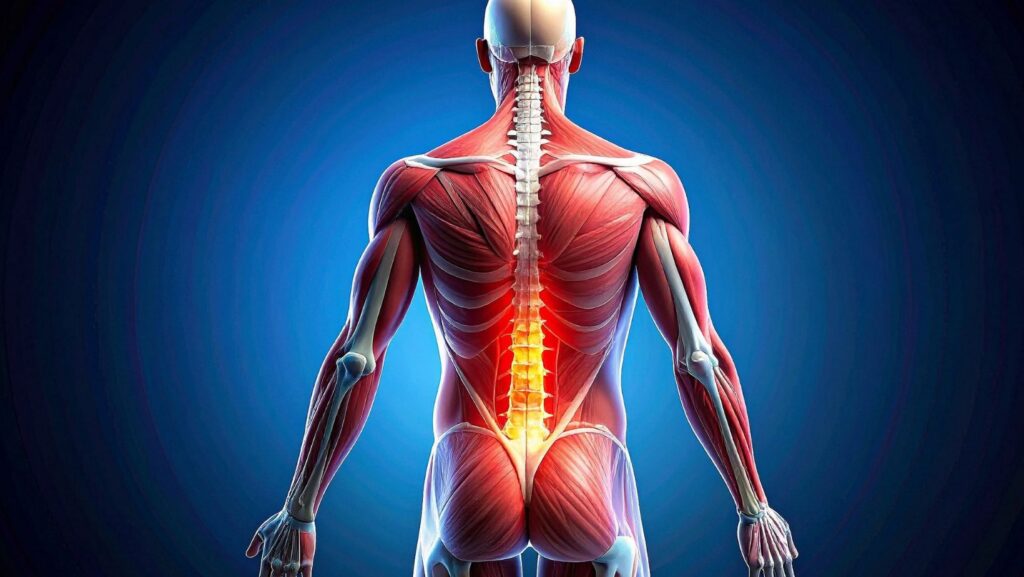
Getting older… it’s weird. You don’t really feel it happening day by day, then suddenly you catch yourself groaning when you stand up, or you notice your grip isn’t what it used to be. At first you brush it off, but then it hits you – “is this just how it’s gonna be now?” The thing is, no. You’re not doomed to fade away. Bones and muscles will hang in there for a long time if you give them reasons to, and honestly it doesn’t take a bootcamp lifestyle. A few habits, nothing crazy, just stuff you can actually stick with, make a big difference.
- Resistance Training (Don’t Panic – It’s Not as Scary as It Sounds)
When people hear “strength training” they picture massive weights, sweating buckets, intimidating gyms. That’s not what I’m talking about. What I mean is giving your body a signal – a reason to hold onto muscle. That could be lifting a shopping bag like it weighs something, or squatting down to pick something up instead of leaning. Sure, you can also do dumbbells or resistance bands if you like structure. There are some solid, easy guides online like this one on resistance training for seniors. Even two short sessions a week is enough to notice a difference. I remember my neighbor (she’s mid-60s) started doing just wall pushups and some light band pulls, and she swears she can now carry laundry up the stairs without stopping. That’s the level we’re talking about – practical strength.
- Supplements as “Insurance”
Food first, always. I’ll die on that hill. But supplements can fill the cracks, especially once you’re past 50 and your body isn’t quite as efficient at repairing itself. One that keeps popping up in research is HMB. It helps slow down muscle loss – which is kind of the thing we’re all fighting as we age. Vital Muscle Boost with HMB is one example of how people are using it. And I’ll be honest, it’s not a miracle pill, nothing is. But if you’re already doing the basics – moving your body, eating enough protein – then it’s like adding one more layer of padding. Like wearing shin guards when you play football: maybe you don’t need them every time, but why not give yourself a bit of extra protection?
- Recovery: Harder Than It Sounds
Here’s something no one tells you when you hit midlife: recovery gets sneaky. In your 20s, you can do squats one day and deadlifts the next. In your 50s? Try that and you’ll still be sore when the weekend rolls around. That’s not weakness, that’s biology. Your muscles and joints just take a little longer to bounce back. And if you ignore that, well, you pay for it later. I’ve had weeks where I thought I could push through, then suddenly my knee decided otherwise. There’s actually some good reading on recovery times that explains this, but honestly you probably don’t need science to tell you – your body will. Mix in lighter days, like walking, yoga, swimming. And take sleep seriously. It’s annoying advice, but the nights you cut short usually show up as sore mornings.
- Eat Like You Care About Yourself
Diet is where people overthink. One week it’s keto, then it’s fasting, then it’s paleo. Here’s a wild idea: just eat in a way that makes you feel good, gives your muscles building blocks, and keeps your bones strong. That means protein (meat, fish, beans, eggs, whatever you like), colorful vegetables, enough calcium, and vitamin D. That’s it.
My own rule is: if I can picture my grandparents eating it, it’s probably decent. Chips and cola? Not so much. A plate with salmon and broccoli? Yeah, that works. If you need practical ideas, the healthy eating section here has loads of normal, non-extreme stuff. Because honestly, if a “diet” feels like punishment, you’re not gonna stick to it anyway.
Final Thought (Not a Lecture, Promise)
I’m not saying you need to turn into some fitness warrior. These four habits – lifting a bit, maybe adding a supplement, respecting recovery, and eating like you care – that’s enough. Not perfect, not fancy. Just steady. And if you mess up a week? Whatever, start again. The real goal isn’t six-pack abs, it’s being able to carry your own bags, climb the stairs, play with grandkids, go for a walk without worrying about balance. That’s strength that actually matters. And you can keep it a lot longer than most people think, if you just give your body a reason.

